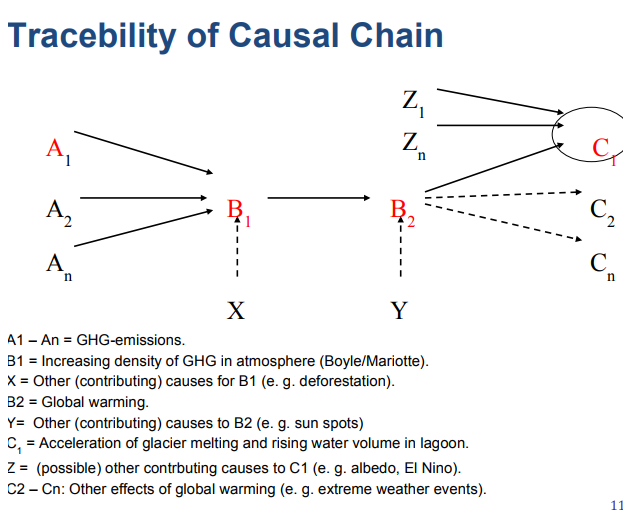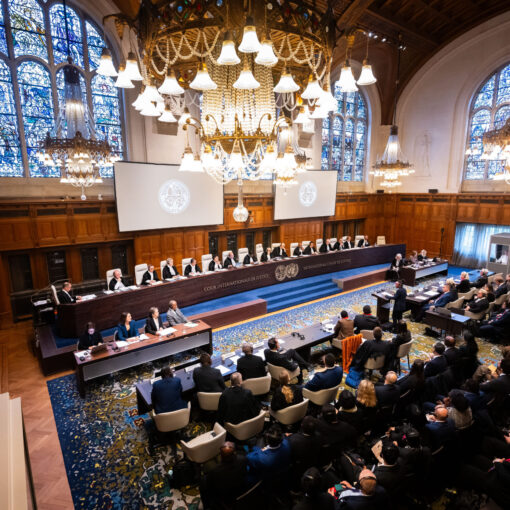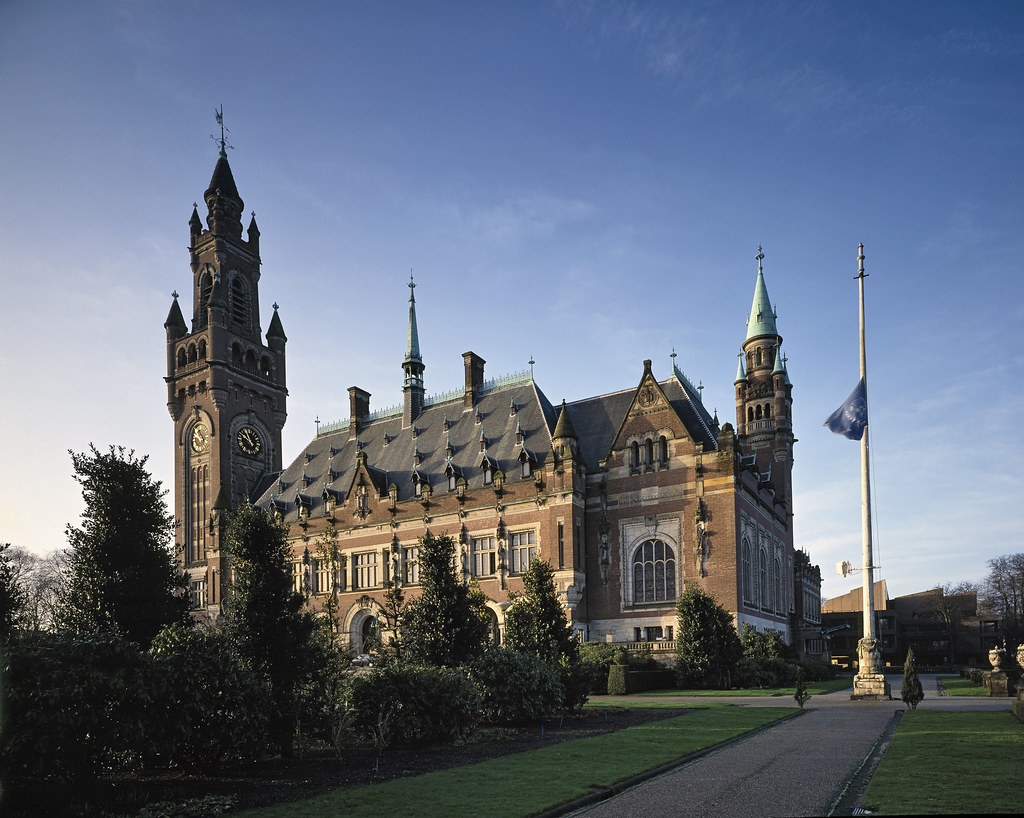The ongoing trade disputes between the U.S. and China have escalated in recent weeks, with both nations filing new requests for consultations through the Dispute Settlement Body of the World Trade Organization (WTO). While these disputes span a broad range of issues and products, renewable energy technologies have been one of the focal points.
The most recent complaint made by China relates to the imposition of countervailing duties and anti-dumping duties by the U.S. on a range of Chinese products, including utility scale wind towers. Anti-dumping duties are applied by states to prevent negative economic impacts which they fear may arise from imported goods being sold at predatory prices (such as prices below those in the home market), while countervailing duties are used to offset the benefit of government subsidies provided to foreign manufacturers. This follows an earlier complaint made by China in May 2012, which also concerned the imposition of countervailing duties by the U.S. on various imports, including wind towers and solar photovoltaic cells. In accordance with WTO procedures, the parties entered into consultations in an effort to reach a mutually satisfactory solution. As the consultations failed to resolve that dispute, in late August China requested the WTO to establish a dispute settlement panel to examine the case.
Concern about competitiveness in the international market for renewable energy services has also led to the U.S. Trade Representative requesting the U.S. International Trade Commission to prepare an updated report on trade and market trends in the sector. The report will include an examination of barriers to U.S. trade and investment in renewable energy services, and is due to be delivered in June 2013.
In spite of these ongoing trade disputes between the U.S. and China, progress toward liberalization of trade in environmental goods was made at the recent Asia-Pacific Economic Cooperation (APEC) Forum held in Vladivostok, Russia on September 8-9, 2012. The APEC countries have agreed to a list of environmental goods on which they “will reduce applied tariff rates to 5 per cent or less by the end of 2015 taking into account economies’ economic circumstances and without prejudice to their positions in the [WTO].” The list of environmental goods includes wind turbines, solar photovoltaic cells, solar hot water heaters and certain component parts for renewable energy technologies.




